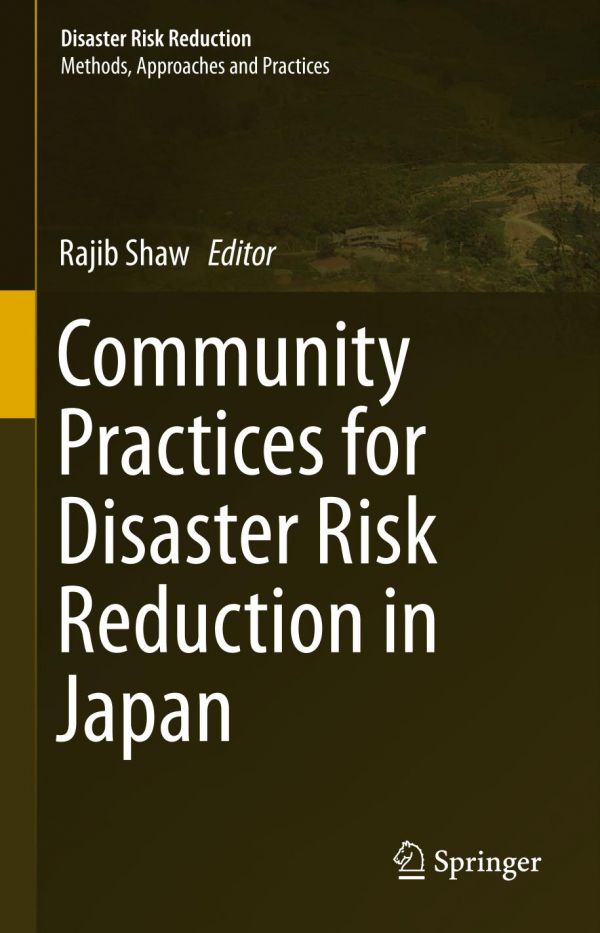

Most ebook files are in PDF format, so you can easily read them using various software such as Foxit Reader or directly on the Google Chrome browser.
Some ebook files are released by publishers in other formats such as .awz, .mobi, .epub, .fb2, etc. You may need to install specific software to read these formats on mobile/PC, such as Calibre.
Please read the tutorial at this link: https://ebookbell.com/faq
We offer FREE conversion to the popular formats you request; however, this may take some time. Therefore, right after payment, please email us, and we will try to provide the service as quickly as possible.
For some exceptional file formats or broken links (if any), please refrain from opening any disputes. Instead, email us first, and we will try to assist within a maximum of 6 hours.
EbookBell Team

4.3
78 reviewsThis book presents key lessons from community-based risk-reduction practices in Japan, a country that is often hit by disasters and that also has shown strong resilience in coping with those disasters. Japan has a strong governance system for disaster risk reduction. However, the Kobe earthquake of 1995 showed the importance of community involvement in disaster response as well as recovery. With several examples from different parts of Japan, the book elaborates on the importance of community-based risk reduction and the innovations required for sustaining some of the community approaches. The book has 13 chapters and is divided into three parts: (1) Evolution of community-based risk reduction in Japan; (2) Community-based risk-reduction issues; and (3) Case studies.
The primary target groups for this book are students and researchers in the fields of environment, disaster risk reduction, and climate change studies. The book provides them with a good idea of the current research trends in the field and furnishes basic knowledge about these vital topics. Another target group comprises practitioners and policy makers, who will be able to apply the knowledge collected here to policy and decision-making.